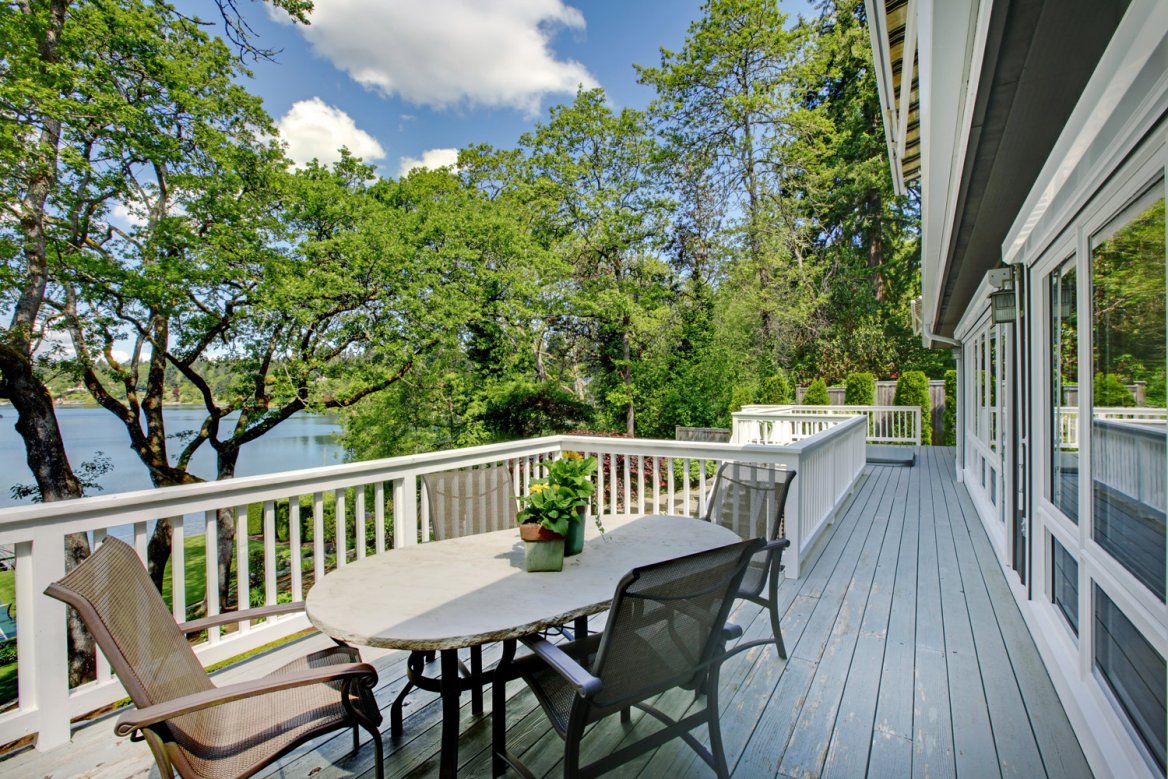
The internet has made it easier than ever to forge connections between the people with needs and the people who can meet those needs. Many people have seen the benefits of renting out their property in whole or in part to travelers. For consumers, services like Airbnb, VRBO and others offer a chance to find a place to stay that's cheaper or more convenient than a hotel room. And for property owners, these sites make it possible to earn a little extra cash.
Legally, the issue can become sticky on both sides — for the renter and the property owner. Here's what you need to know if you want to rent out your room, home, cabin or other space for short-term use.
Check local and state laws.
Cities and counties are facing this issue head-on, so these days renting out your property may violate local regulations. There may be a room-tax ordinance in your locality. Many municipalities have regulations and building code requirements for a property that is used commercially. Be aware that zoning laws may prohibit short-term rentals.
In Wisconsin, particularly, renting your home could potentially be considered "tourist rooming houses," which cover "all lodging places and tourist cabins and cottages, other than hotels and motels, in which sleeping accommodations are offered for a fee to tourists or transients." Tourists or transients are defined as "a person who travels to a location away from his or her permanent address for a short time for vacation, pleasure, recreation, culture, business or employment," and tourist rooming houses are required to obtain a permit from the Wisconsin Department of Health Services.
Be aware of the legal requirements in your area, and know that laws around this issue are changing rapidly. You should probably check with your municipal clerk if you are unsure of the rules where the short-term rental is located.
Check your lease or bylaws.
If you are currently renting, your lease may prevent you from subletting your space to others. In the end, the cost of making a little extra income may be way too high and could include eviction or other legal action. With the growing popularity of online short-term rental platforms, landlords are getting wise to the practice. In addition, those who own a condo, cooperative or planned development may be bound by what is known as bylaws or covenants, conditions and restrictions (CC&R). CC&Rs are enforced by the co-op board or homeowner's association, not municipalities.
You must collect and pay required taxes.
Some areas require that short-term renters pay lodging taxes. Cities like Madison, Racine and Green Bay are starting to levy room taxes on short-term rentals, and counties are beginning to tax transient occupancy rentals as well. In addition, your earnings may be subject to U.S. income taxes if you rent out your space for more than 14 days a year and do not meet personal use requirements.
You may need a business license.
Some cities manage transient use of properties by requiring that those offering rooms for short-term rentals have a business license.
Insurance.
You may want to talk to your insurance agent about ensuring you have the right coverage for your property if it is being used commercially. There may be restrictions or limitations on coverage in a traditional homeowners policy that will not cover claims that arise from commercial use of the property.
Short-term rental platforms say they can't provide legal assistance or review lease agreements for their hosts, but Airbnb does provide a summary of laws for many cities. In addition, platforms often require hosts to have the permissions they need, comply with the law and tax requirements and not breach any agreements with third parties, such as a landlord.
Insurance.
You may want to talk to your insurance agent about ensuring you have the right coverage for your property if it is being used commercially. There may be restrictions or limitations on coverage in a traditional homeowners policy that will not cover claims that arise from commercial use of the property.
Short-term rental platforms say they can't provide legal assistance or review lease agreements for their hosts, but Airbnb does provide a summary of laws for many cities. In addition, platforms often require hosts to have the permissions they need, comply with the law and tax requirements and not breach any agreements with third parties, such as a landlord.
